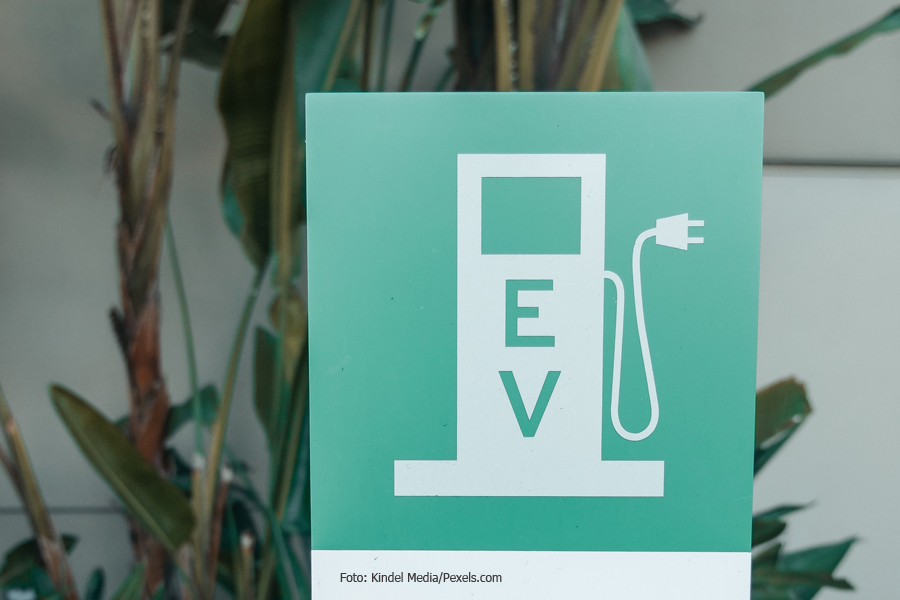Government-borne VAT Facility for Electric Cars Continues in 2024

The government has extended the Government-borne Value Added Tax (VAT) facility for the transfer of electric cars and buses until the December 2024 tax period.
Previously, the facility, an instrument to stimulate the country's electric vehicle industry, was only valid from the April 2023 tax period to the December 2023 tax period.
The extension is confirmed in Minister of Finance Regulation (PMK) Number 8 of 2024 which will take effect from the January 2024 tax period.
Meanwhile, in general, there is no difference between the provisions of the new government-borne VAT facility for electric cars and buses and the previous provisions, namely PMK Number 38 of 2023 which has been amended by PMK Number 116 of 2023.
Read: Effective in April, VAT Incentives for Electric Cars and Buses Released
The amount of incentive or VAT borne remains the same at 10% of the applicable VAT rate, for electric cars and buses that have a minimum domestic component rate of 40%. Thus, the VAT payable is only 1% of the selling price.
Then for vehicles that have a domestic content rate of between 20% and less than 40%, they will receive a government-borne VAT facility of 5% of the applicable rate. This means that the VAT payable will be 6% of the selling price.
The Making of Invoice
Another provision that needs to be considered is related to tax invoice making. So, Vat-registered persons who make transfers are still required to make tax invoices in accordance with the provisions of the legislation in the field of taxation.
Specifically, two types of invoices must be provided by the party making the delivery. First, invoices for VAT are borne by the government, and VAT is not borne by the government. If the PKP does not make a tax invoice, the VAT on the delivery of the electric car and bus will not be borne by the government.
Realization report
In addition to having to make tax invoices, VAT-Registered Persons that transfer electric vehicles are also required to make a report on the realization of VAT borne by the government.
The realization report in question is in the form of a tax invoice made for government-borne VAT reported in the Periodic VAT Return. The deadline for submitting the report ends on 31 January 2025. If the realization report is not submitted, the government-borne VAT facility cannot be used.
Low-Risk VAT-Registered Persons for VAT Purposes
This regulation also confirms that taxpayers who transfer electric vehicles are designated as low-risk VAT-registered persons. Therefore, it is entitled to obtain a preliminary refund of tax overpayment (restitution) facility.
The determination as a low-risk PKP also does not need to go through a taxpayer application. In addition, the Directorate General of Taxes (DGT) also does not need to issue an official determination decision as a low-risk PKP.
With the issuance of regulations that extend the period of government-borne VAT facility, the government can allocate a budget related to the facility in the 2024 State Budget (APBN). (ASP/KEN)


